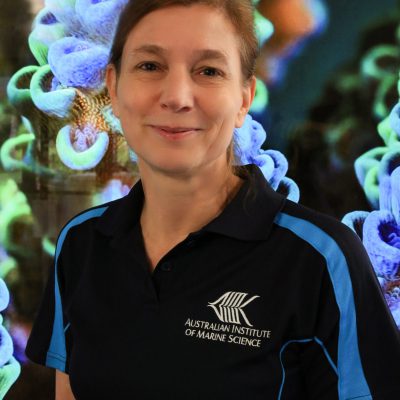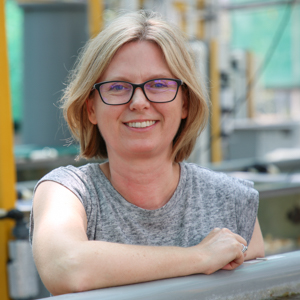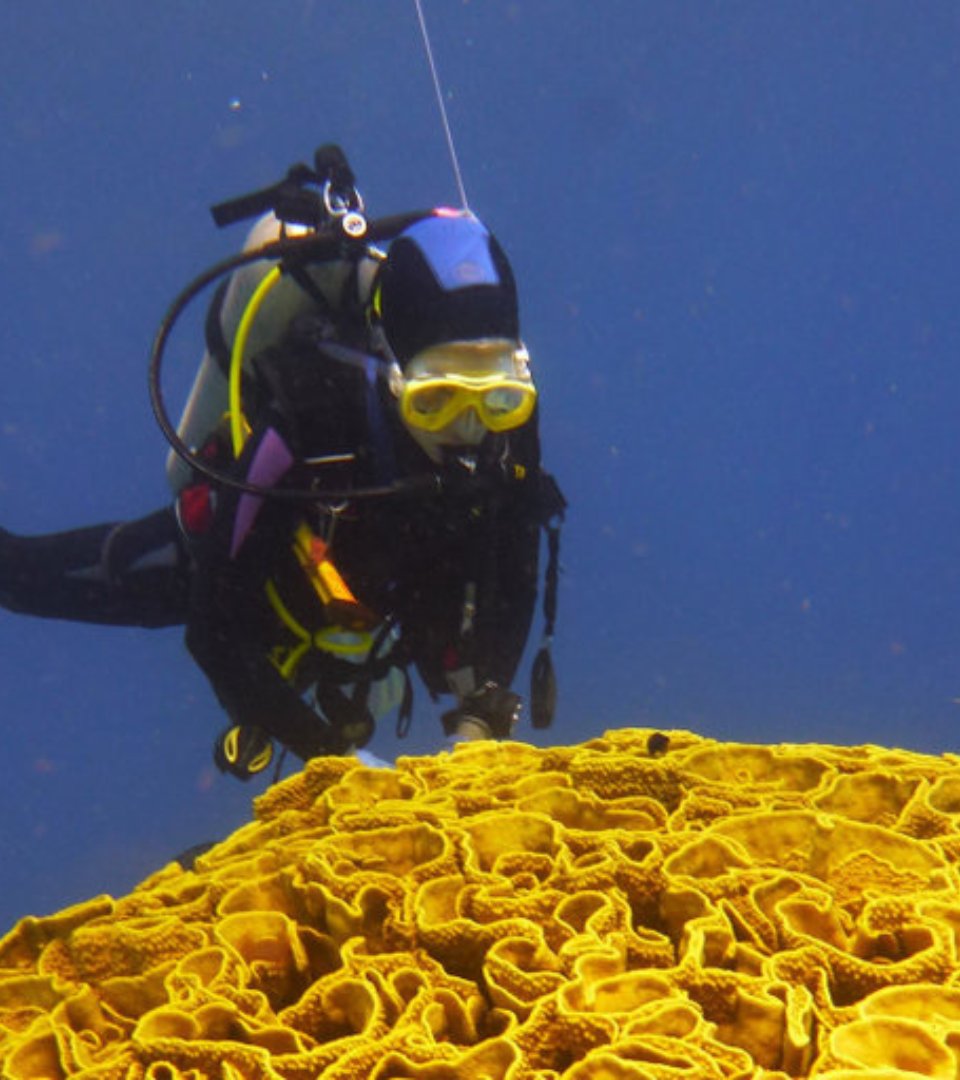Enhanced Corals and Treatments
Coral adaptation to the impacts of climate change – including increasing average water temperatures and more frequent and extreme heatwaves – will be critical to sustaining functional reefs into the future. It is not known how fast coral populations can naturally evolve and thus whether they can keep pace with the changing environment.
Research has found corals have substantial capacity to increase their growth rates and heat tolerance through methods such as selective breeding, manipulating their microbiomes or hardening treatments. Further research is required to determine the full scope for enhancement and any associated trade-offs.
The aim of the subprogram is to deliver:
- key understanding of the innate capacity of corals to adapt to current and projected temperature changes
- an evaluation of the benefits and risks of enhanced heat and bleaching tolerance through selected movement, breeding or treatments
Scope and expected outcomes
Over four years the Enhanced Corals and Treatments R&D Subprogram will undertake research on:
- The genetics of adaptation to understand the intrinsic potential for populations to respond to environmental change
- The potential for selective breeding to enhance performance of corals used for restoration purposes
- Algal and bacterial treatments to be applied during the coral propagation process (aquaculture and wild-caught) to enhance performance.
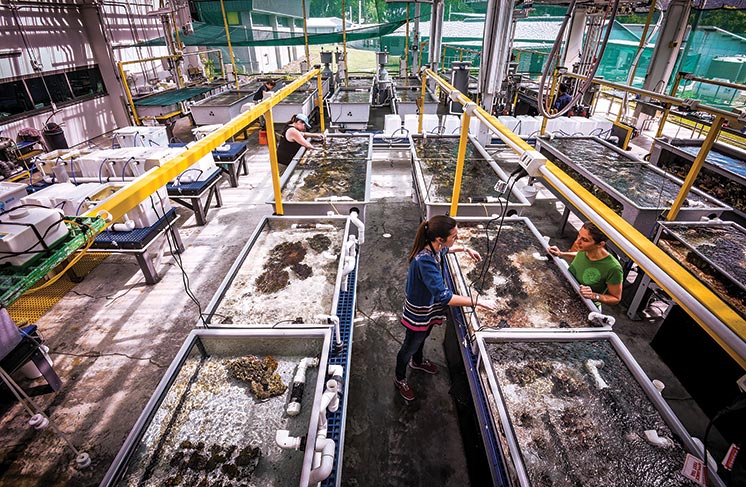
Coral hardening research in the National Sea Simulator, AIMS. Photo: Christian Miller
Current projects
Genetic Basis of Key Traits
This project is providing essential data and information on where and how to identify temperature tolerant corals within and among reefs. This project will apply whole-genome sequencing, outlier and association analyses to uncover links between specific host genome regions, symbiont community characteristics and heat tolerance phenotypes from corals across the Reef.
Assisted Evolution
This project progresses ideas designed to enhance heat tolerance of corals, which would be operationalised via aquaculture processes, including crossbreeding of warm-adapted corals, genome sequencing of cross-bred corals, development of algal symbionts that enhance heat tolerance.
Prokaryotes, Treatments and Coral Nutrition
This project will assess the feasibility of using probiotics to enhance desired traits such as growth and survival in corals. Additionally, the project will develop treatments comprising a reliable suite of probiotics to enhance coral health and microbial inducers to promote settlement of a diversity of coral species, required to underpin aquaculture based coral propagation at scale.
Subprogram leads:
Subprogram team:

Dr David Abrego
SCU
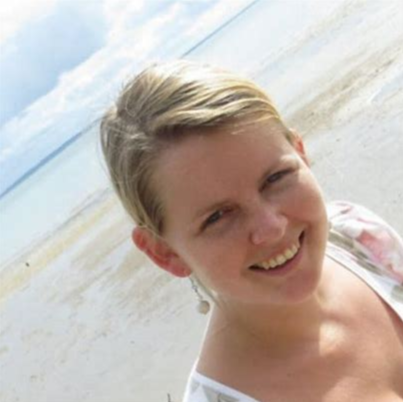
Dr Inke Vanwonterghem
UQ

Assoc. Professor David Francis
Deakin University
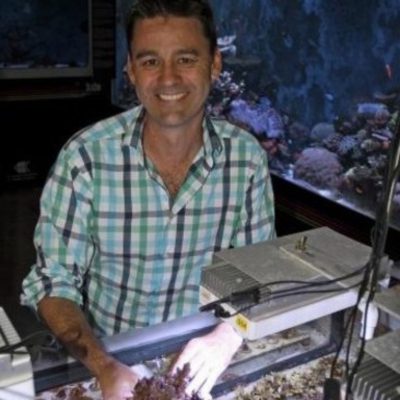
Craig Humphrey
AIMS

Dr Patrick Laffy
AIMS
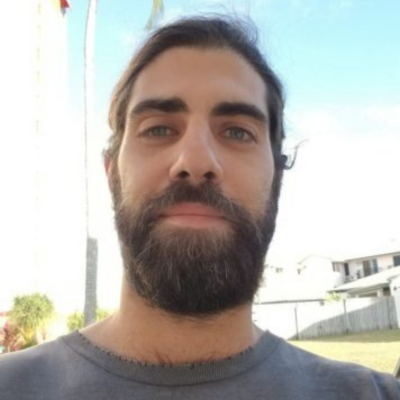
Dr Paul O'Brien
Postdoc
UQ
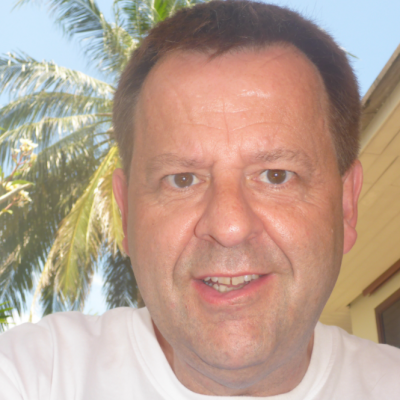
Dr Owain Edwards
CSIRO

Dr Samantha Goyen
Postdoctoral Research Fellow
AIMS

Dr Wing Chan
Postdoctoral Research Fellow
University of Melbourne

Dr Patrick Buerger
Postdoctoral Research Fellow
Macquarie University

Dr Matthew Nitschke
Postdoctoral Research Fellow
AIMS

